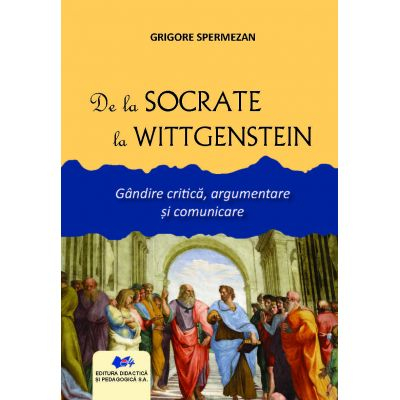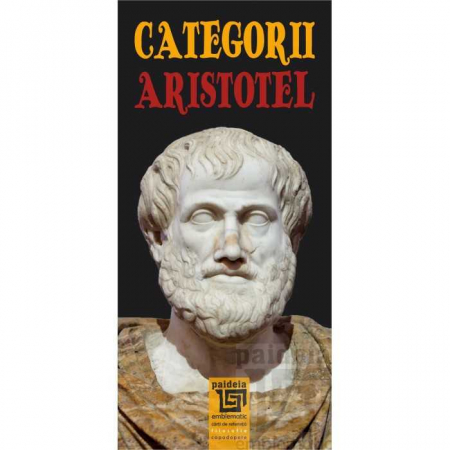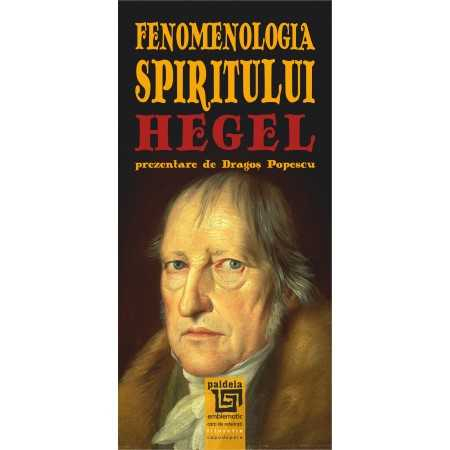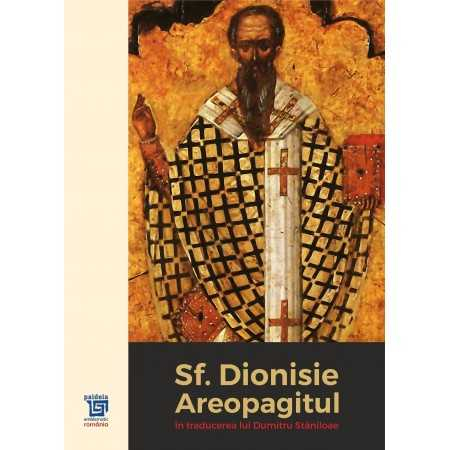6359.png) Informational Abstinence. The Man between the Philocal Silence and the Explosion of Digital Technology
Informational Abstinence. The Man between the Philocal Silence and the Explosion of Digital Technology
6359.png)
ISBN: 978-606-28-1119-8
DOI: https://doi.org/10.5682/9786062811198
Publisher year: 2020
Edition: I
Pages: 176
Publisher: Editura Universitară
Author: Pr. Mihai Iordache
- Description
- Download (1)
- Authors
- Content
- More details
- Reviews (0)
This paper wants to raise an alarm about the various dangers of our society. Our research addresses three fundamental "theses": informational fasting, as a distinct and newer form of fasting in the contemporary world, the significance and importance of peace, and the effects of technology and digital devices on human life.
The volume analyzes virtues such as fasting, restraint, peace, prayer, meditation, self-gathering, knowledge, vigilance, gentleness, patience, silence, reading, etc., along with theories and scientific discoveries related to attention, will, self-control, perseverance, thinking, memory, plasticity, multitasking, entertainment, addiction, noise, sleep and more.
The effectiveness of the informational station can be highlighted in front of the harmful effects of digital devices (TV, mobile phone, tablet, laptop, internet, E-mail, YouTube, social networks like Facebook, Instagram, Twitter, WhatsApp), manifested by: human transformation, diminishing the thought process, transforming linear thinking into fragmented thinking, emptying and externalizing memory, breaking the link between short-term memory, long-term memory and working memory, distraction and scattering of attention, loss of ability to concentrate, multitasking, dementia, etc.
-
Informational abstinence. The man between the philocal silence and the explosion of digital technology
Download
Rev. Dr. MIHAI IORDACHE (b. 1977) is an Orthodox priest of Olari Church in Bucharest, having doctoral studies at the University of Basel (Switzerland) and the University of Bucharest. Doctor in Theology of the Faculty of Orthodox Theology in Bucharest (2011), he is researcher in the Commission for the History of South-East Europe of PRO ORIENTE, University of Vienna. He gave lectures in Christian Ethics as Visiting Professor at the Institute of Ecumenical Studies, Catholic University of Lviv (Ukraine), and UNESCO Department for Intercultural and Interreligious Exchanges, University of Bucharest. He is a member of the Society of Christian Ethics (USA), Societas ETHICA (Germany), Society for the Study of Christian Ethics (UK), Societas Oecumenica (Germany), International Association for Mission Studies (UK) and other international organisations. He has attended various theological congresses and conferences in Europe and the United States. He has published numerous articles in journals and collective volumes in the country and abroad.
Books:
Libertatea omului la Karl Barth, Emil Brunner și Rudolf Bultmann. O evaluare ortodoxă (The Human Freedom in Karl Barth, Emil Bruner and Rudolf Bultmann. An Orthodox Evaluation, 2017)
Lumina Învierii. Spiritualitatea Sfintelor Paști (The Light of the Resurrection. Spirituality of Holy Easter, 2019)
Etica Protestantă. Scurtă istorie. Secolele XVI-XIX (The Protestant Ethics. A Brief History. 16th – 19th Centuries, 2019)
Postul informațional. Omul între liniștea filocalică și explozia tehnologiei digitale (Informational Fasting. The Man between Philocalic Silence and Explosion of Digital Technology, 2020)
Familia creștină și educația copiilor. Izvoare patristice, repere morale și provocări actuale (Christian Family and Education of Children. Patristic Sources, Moral Principles and Current Challenges, 2020)
Foreword / 7
Introduction / 9
I. The informational post in Orthodox spirituality and scientific research / 11
Fasting in Orthodox spirituality / 14
Restraining - the principle and effect of fasting / 21
Informational abstinence in today's world / 24
Informational abstinence in Eastern spirituality / 39
II. Assembly in itself and defeat in philocal thinking / 47
Assembly itself and defeat / 48
The consequences of not respecting the assembly itself and defeating it / 64
III. Peace in Eastern spirituality and the contemporary world / 79
The continuous noise of the world / 80
Peace and quiet in human life / 82
Peace and quiet in the patristic thinking of the "Philokalia" / 89
IV. The effects of digital devices on the lives of people and children / 115
The transformations of the world and their influences on man / 116
Attractiveness and dominance of screens / 117
Plasticity of the human body / 122
Negative effects of digital devices / 124
Methods of Eastern spirituality to combat the effects of digital technology / 153
Instead of conclusions / 159
Thematic index / 165
Bibliography / 169
The challenges of the hyper-technological and digitalized world we live in are very great. They increasingly affect the moral and spiritual principles of children, youth and adults. Today, the world is experiencing extreme and unprecedented transformations, as a result of the evolution of digital technology, with a wide influence on people and society as a whole. The changes are so rapid that most do not have the time to observe them, to perceive them, to reflect on them in silence and to understand their consequences. Recent scientific research shows that the transformations of society influence each of us, whether or not we want this and whether or not we are aware of this reality. For this reason, people should take clear and objective measures in their personal lives and in the lives of their families.
This paper wants to sound the alarm about these dangers of our society. It aims to be part of the joint effort of contemporary theologians and scientists (mentioned in its pages), who noticed the seriousness of these challenges and sought to find moral, spiritual and scientific landmarks to keep man from them and to get out of the crisis in which society finds itself.
Our research addresses three fundamental "theses": informational abstinence, as a distinct and newer form of fasting in the contemporary world, the significance and importance of peace, and the effects of technology and digital devices on human life. The book starts from the analysis of the moral principles that underlie these topics and continues by studying some of the latest scientific research in the field of psychology, cognitive sciences and other branches of contemporary research. It frames the three theses in the lines of Eastern spirituality and Christian morality, which tend towards the unceasing perfection of man in Christ, through personal effort and the work of virtues.
The volume addresses virtues such as fasting, restraint, peace, prayer, meditation, self-gathering, knowledge, vigilance, gentleness, patience, silence, reading, etc., along with theories and scientific discoveries related to attention, will, self-control, perseverance, thinking, memory, plasticity, multitasking, entertainment, addiction, noise, sleep, dementia and others.
We live in a world that is "dominated" by screens, both in private and in social life, screens characterized by an irresistible attractiveness, which constantly transmit superficial information and continuous entertainment. Unfortunately, the postmodern world is no longer aware that information consumes attention, as Nobel Prize winner Herbert Simon argues.
Among other things, this book wants to contribute to the "recovery" of the attention of its readers.

![Informational Abstinence. The Man between the Philocal Silence and the Explosion of Digital Technology [1] Informational Abstinence. The Man between the Philocal Silence and the Explosion of Digital Technology [1]](https://gomagcdn.ro/domains/editurauniversitara.ro/files/product/large/Postul_informational_coperta.jpg-2941-8555.jpg)













